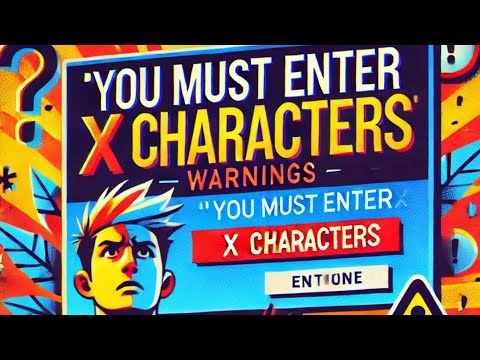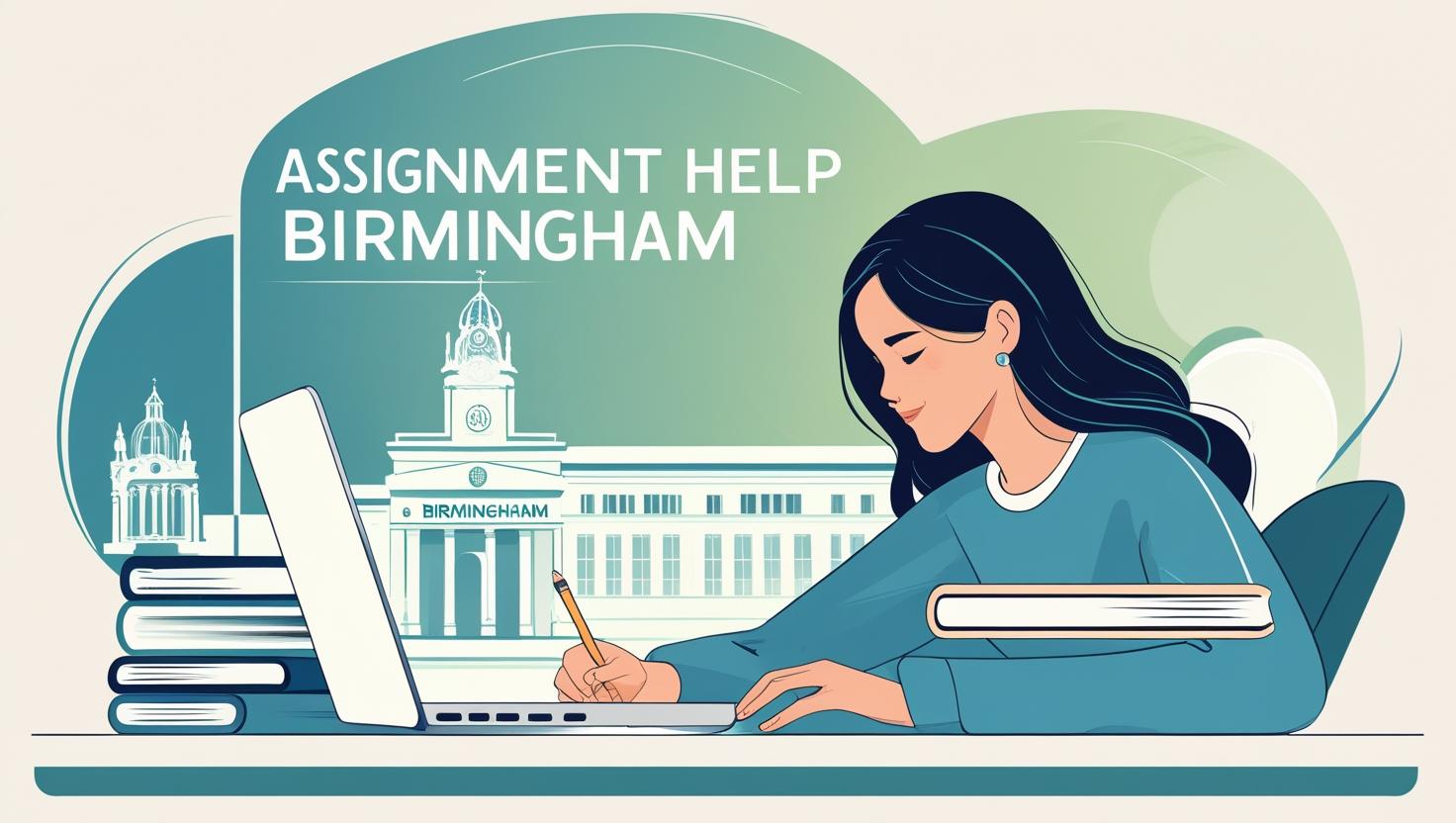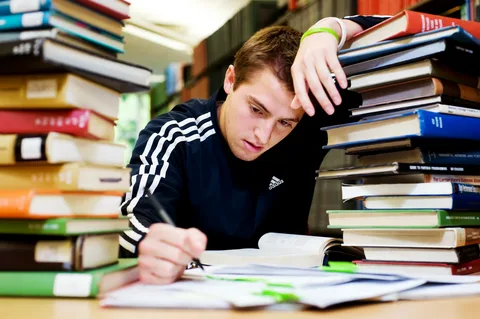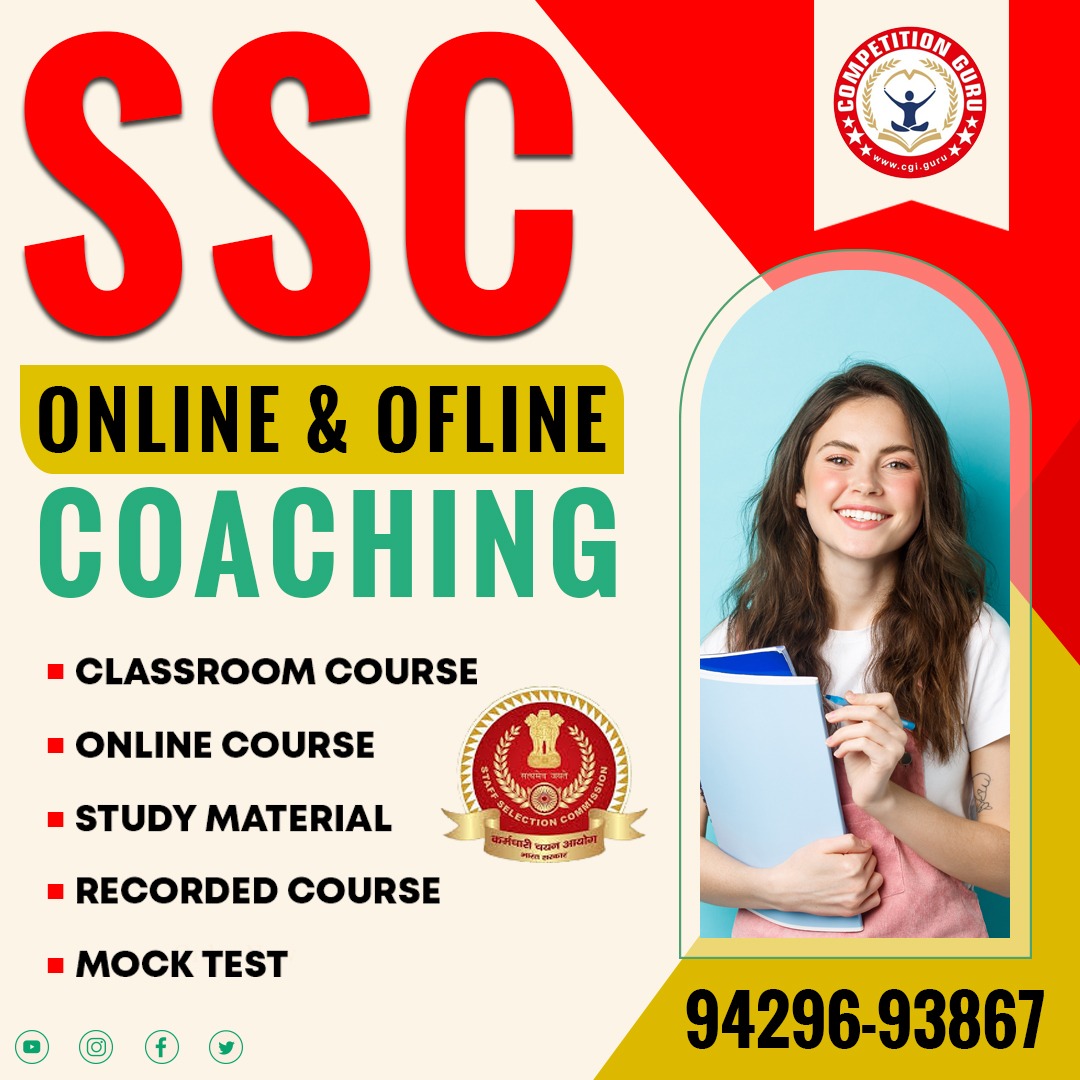How Wikipedia is Used in Education Benefits and Challenges
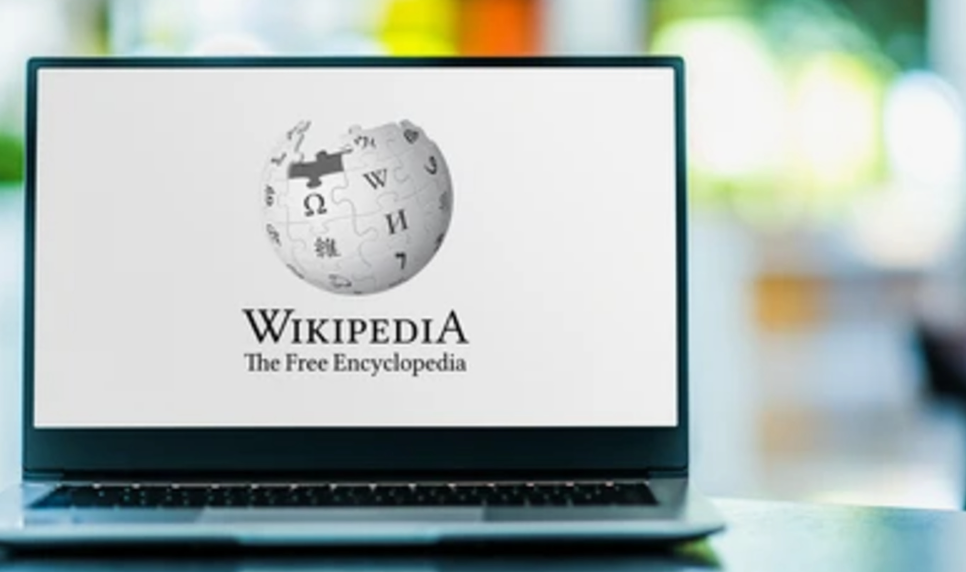
Strong 8k brings an ultra-HD IPTV experience to your living room and your pocket.
Wikipedia has revolutionized education by offering free, easily accessible, and constantly updated knowledge. As one of the largest online encyclopedias, it serves as a valuable resource for students and educators, providing information on diverse subjects. Its advantages include open access, support for independent learning, and a starting point for research. However, challenges such as reliability concerns, the risk of misinformation, and lack of scholarly credibility must be addressed. Understanding how Wikipedia is used in education benefits both learners and institutions by fostering critical thinking and digital literacy, ensuring students use it effectively while verifying information from credible sources.
The Role of Wikipedia in Modern Education
The digital age has revolutionized how students gather information. Wikipedia, being a collaborative platform, allows users to explore topics across disciplines. Its open-access nature makes it a preferred source for quick reference, research, and general learning. However, its credibility is often questioned due to the open-editing system, leading educators to debate its reliability.
How Wikipedia is Used in Education Benefits Students
Wikipedia serves as an excellent learning tool for students, offering multiple educational benefits:
1. Free and Open Access to Knowledge
One of the primary Wikipedia is used in education benefits is its free availability. Unlike expensive textbooks and journals, Wikipedia provides unrestricted access to knowledge. Students from different economic backgrounds can access the same information without financial barriers.
2. A Starting Point for Research
Wikipedia offers an overview of various subjects, making it a valuable starting point for research. Although it is not considered a primary source, it often contains references and citations that direct students to credible sources.
3. Encourages Independent Learning
The ease of accessing Wikipedia encourages students to engage in self-directed learning. They can explore topics beyond their curriculum, fostering curiosity and deeper understanding.
4. Multi-Language Support
Wikipedia is available in multiple languages, making it an excellent resource for students worldwide. Those who struggle with English can find information in their native language, aiding comprehension and learning.
How Wikipedia is Used in Education Benefits Teachers
Educators also leverage Wikipedia for teaching and academic purposes. Some ways it benefits teachers include:
1. Enhancing Lesson Plans
Teachers use Wikipedia to enrich their lesson plans with updated and relevant information. They can quickly verify historical events, scientific discoveries, or literary analyses to supplement their teaching materials.
2. Promoting Critical Thinking
Since Wikipedia is openly editable, it serves as a great tool for teaching students how to evaluate sources critically. Educators encourage students to fact-check information and analyze credibility.
3. Supporting Collaborative Learning
Teachers can assign Wikipedia-based projects, where students contribute to or edit articles. This method fosters teamwork, research skills, and digital literacy.
4. Access to Updated Information
Unlike traditional textbooks, which may become outdated, Wikipedia is continuously updated. This allows teachers to stay informed on the latest developments in various subjects.
Challenges of Using Wikipedia in Education
Despite its benefits, Wikipedia presents several challenges that students and teachers must navigate.
1. Accuracy and Reliability Concerns
One of the major concerns is Wikipedia's reliability. Since anyone can edit its articles, incorrect or biased information may appear. Students must cross-check facts with authoritative sources.
2. Lack of Scholarly Credibility
Academic institutions often discourage citing Wikipedia as a primary source due to its open-editing model. While it provides useful references, it is not considered a scholarly source.
3. Risk of Plagiarism
Since Wikipedia is easily accessible, some students may copy content without proper citation, leading to plagiarism issues. Educators must emphasize the importance of original work and proper referencing.
4. Bias and Vandalism
Certain Wikipedia articles may reflect bias, and some pages are vulnerable to vandalism. This can mislead students who rely solely on the platform for information.
Addressing the Challenges of Wikipedia in Education
To maximize Wikipedia is used in education benefits, educators and students must adopt best practices for using the platform responsibly.
1. Cross-Checking Information
Students should verify information found on Wikipedia by consulting authoritative sources such as peer-reviewed journals, government websites, and academic databases.
2. Using Wikipedia for References
Rather than citing Wikipedia directly, students should use the references provided at the bottom of articles. These often link to credible academic sources.
3. Encouraging Responsible Editing
Educators can integrate Wikipedia editing assignments into the curriculum. By contributing to Wikipedia, students learn about accuracy, sourcing, and responsible information-sharing.
4. Teaching Digital Literacy
Understanding how to assess online information is essential. Teachers should guide students in distinguishing reliable sources from misinformation.
Wikipedia and Academic Writing
While Wikipedia is not considered a scholarly source, it plays a role in academic writing. Students can use it to grasp concepts before diving into in-depth research. It also introduces them to key terms and background knowledge on complex topics.
To further ensure the credibility of their work, some students and educators collaborate with professional resources, such as a Wikipedia page creation agency, which specializes in creating and managing Wikipedia pages with verified information. This approach helps maintain accuracy and reliability in online educational content.
Future of Wikipedia in Education
With increasing digital integration in education, Wikipedia’s role is likely to expand. Universities and schools may develop structured ways to incorporate Wikipedia in learning while mitigating its limitations.
1. Wikipedia as an Academic Tool
Educational institutions may begin to acknowledge Wikipedia’s role in research and integrate it into digital literacy courses. Some universities have already introduced Wikipedia-based assignments to improve students’ research and writing skills.
2. Strengthening Wikipedia’s Credibility
Efforts to improve Wikipedia’s credibility, such as stricter editorial policies and fact-checking collaborations, could make it a more reliable educational resource in the future.
3. AI and Wikipedia
With advancements in artificial intelligence, Wikipedia’s accuracy may improve through automated fact-checking and content moderation. This could enhance its reliability as an educational tool.
Conclusion
Understanding Wikipedia is used in education benefits allows students and teachers to harness its potential while being aware of its limitations. While Wikipedia provides free, accessible, and continuously updated knowledge, its reliability concerns cannot be ignored. By promoting critical thinking, digital literacy, and responsible usage, educators can guide students in using Wikipedia effectively. With evolving educational trends, Wikipedia’s role in learning will continue to grow, making it a valuable but complementary tool in academic research.
Note: IndiBlogHub features both user-submitted and editorial content. We do not verify third-party contributions. Read our Disclaimer and Privacy Policyfor details.



